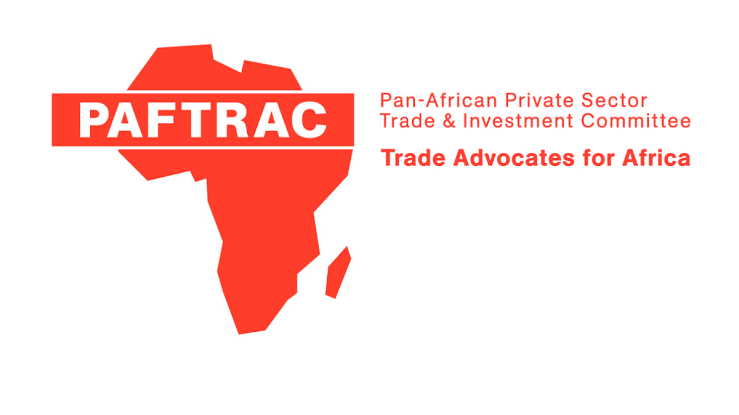The Bank of Agriculture has secured a $1 billion intervention fund to transform the fortunes of smallholder farmers and strengthen Nigeria’s agricultural value chain from production to market access.
The fund was obtained through a partnership with the African Export-Import Bank, a move that signals renewed commitment to national food security and inclusive economic growth. It comes on the heels of President Bola Tinubu’s approval for the National Food Security Fund, a revolving matching scheme designed in collaboration with state governments.
The new facility, named the National Smallholder Farmers Fund, targets the systemic financial hurdles that have long constrained smallholder farmers. It will provide affordable credit for inputs, mechanisation, and structured market linkages.
Although smallholder farmers account for more than 90 per cent of Nigeria’s agricultural output, they remain locked out of affordable finance, modern technology, and reliable markets. The intervention is designed to close these gaps by equipping them with the capital and tools needed to scale operations, boost productivity, and link more effectively to both local and continental supply chains.
“This is more than just a fund; it is a bold commitment to ensuring our nation’s food security,” said the Managing Director of the Bank of Agriculture, describing the partnership as a turning point that will enable smallholder farmers to transition from subsistence to sustainable agribusiness.
The African Export-Import Bank’s Executive Vice President for Intra-Africa Trade and Export Development also highlighted the strategic value of the collaboration, noting that smallholder farmers play a vital role in the agro-industry and represent a cornerstone for economic development.
To ensure its impact, the partnership will operate under two mechanisms. The first is a guarantee framework, under which Afreximbank will back loans disbursed by the Bank of Agriculture, reducing credit risks and expanding financial access. The second is a currency swap arrangement that will convert Afreximbank’s dollar funding into local currency, protecting farmers from exchange rate volatility.
This model not only links Nigeria to international capital markets but also shields farmers from macroeconomic shocks that could weaken progress.
With the $1 billion intervention, Nigeria aims to unlock the potential of its agricultural sector, empower millions of rural farmers, and lay the foundation for a more resilient, inclusive economy.










